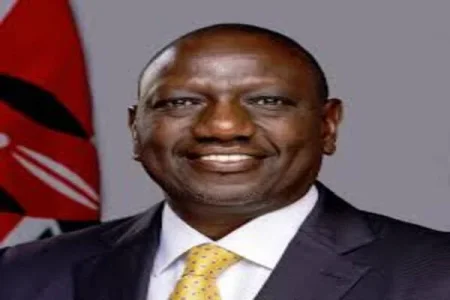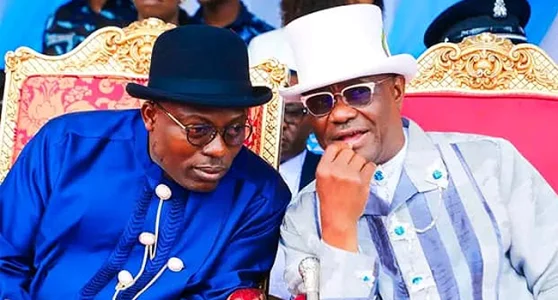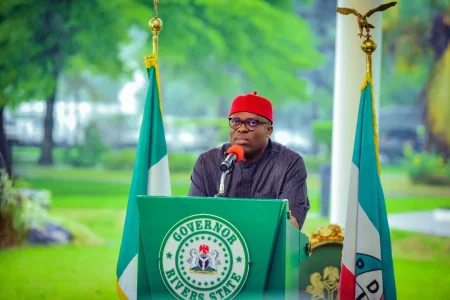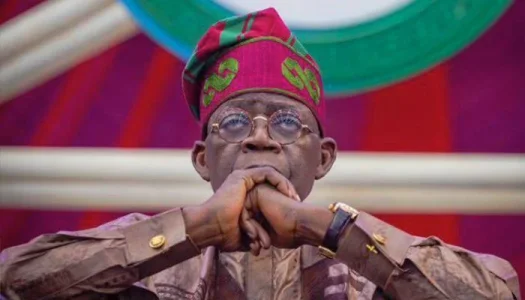
Kenyan President William Ruto dismisses his entire cabinet after protests over tax hikes turn deadly, aiming to form a broad-based government. Amidst public outcry and economic challenges, Ruto faces calls for reform and faces a credit downgrade from Moody's, highlighting Kenya's fiscal instability.
On Thursday, Kenyan President William Ruto announced the dismissal of almost his entire cabinet in response to escalating protests and public outrage over steep tax increases. The demonstrations, initially peaceful, turned violent with police clashes and parliament partially set ablaze. Led primarily by young Kenyans and organized online, the demonstrations forced Ruto to abandon the controversial finance bill.
In a significant move to address the crisis, Ruto excluded key figures like Prime Minister Musalia Mudavadi and Deputy President Rigathi Gachagua from the dismissals, highlighting a strategic effort to retain key alliances while responding to public demands. Reflecting on his decision, Ruto cited a thorough evaluation of his cabinet's performance and public sentiment.
The announcement was met with mixed reactions, with prominent protester Hanifa Adan celebrating the move as a victory for people power. However, underlying tensions remain, with ongoing protests and calls for Ruto's resignation echoing across the country. The dismissal of close allies, including former Interior Minister Kithure Kindiki, signals Ruto's attempt at a fresh start amidst mounting political and economic challenges.
Economic concerns also play a crucial role. Ruto faces a downgrade in Kenya's debt rating by Moody’s, exacerbating financial pressures amid calls for increased government spending cuts and fiscal reform. The president vowed to engage in extensive consultations to form a new, inclusive government aimed at tackling debt, unemployment, and corruption.
Despite these efforts, challenges lie ahead for Ruto as he navigates a polarized political landscape and attempts to regain public trust amidst ongoing protests and economic uncertainty. The dismissal of the cabinet marks a critical juncture in Kenya's political trajectory, with implications that could reshape the country's future governance and stability.



